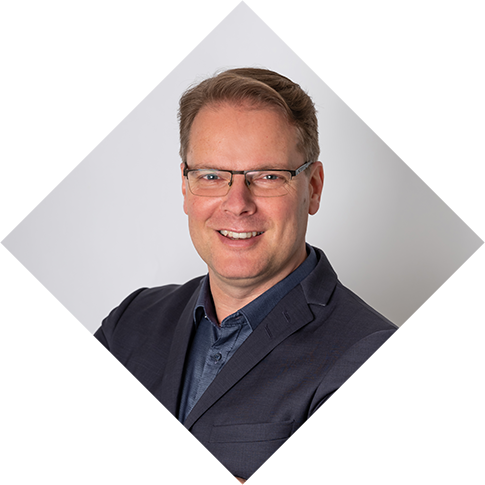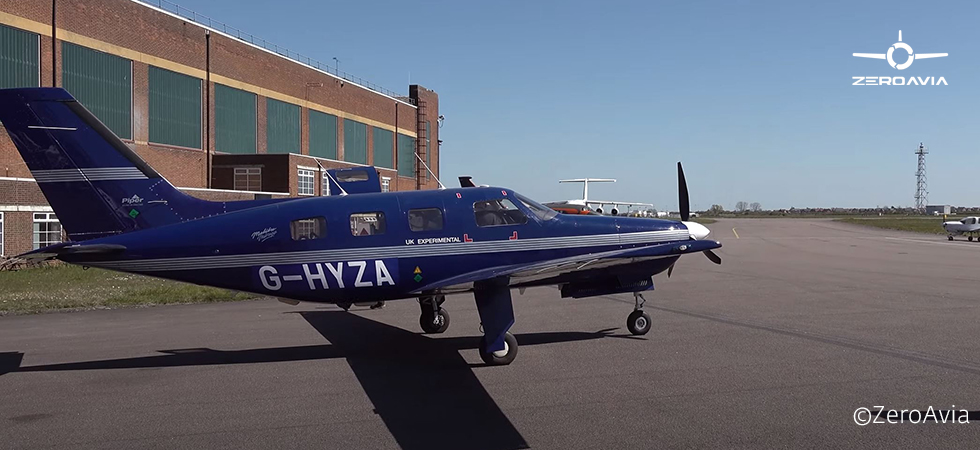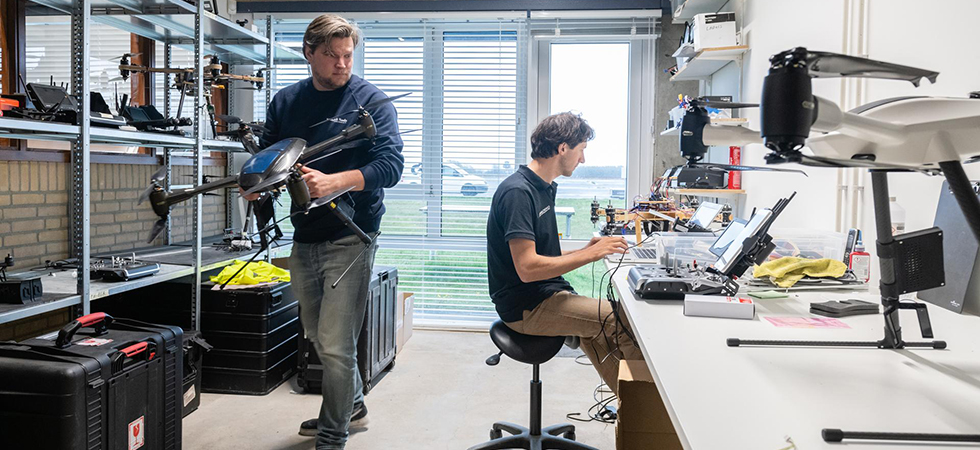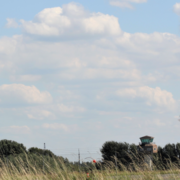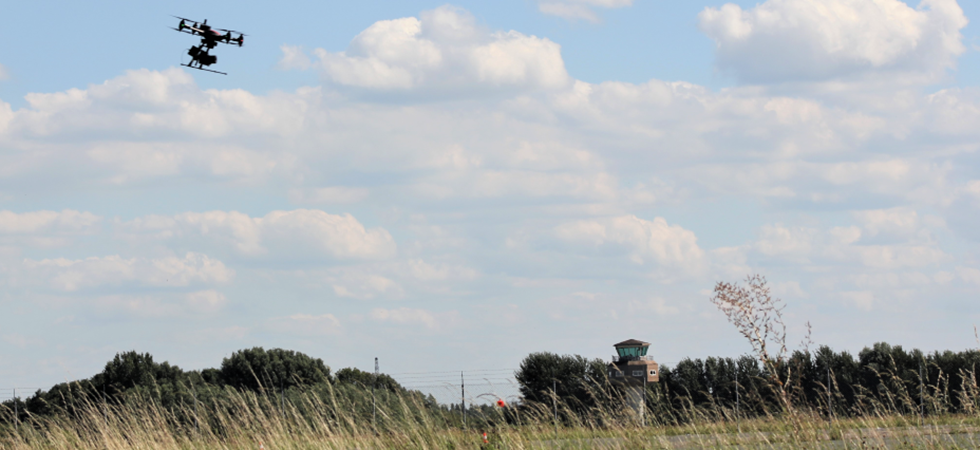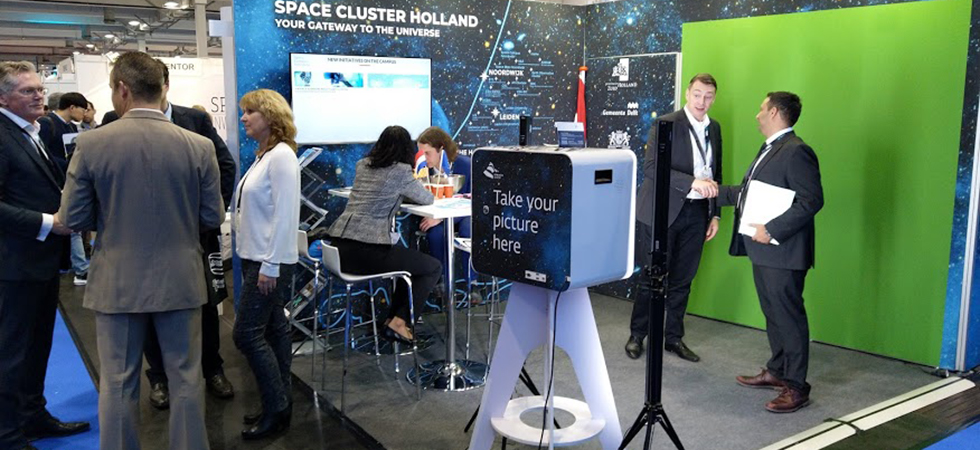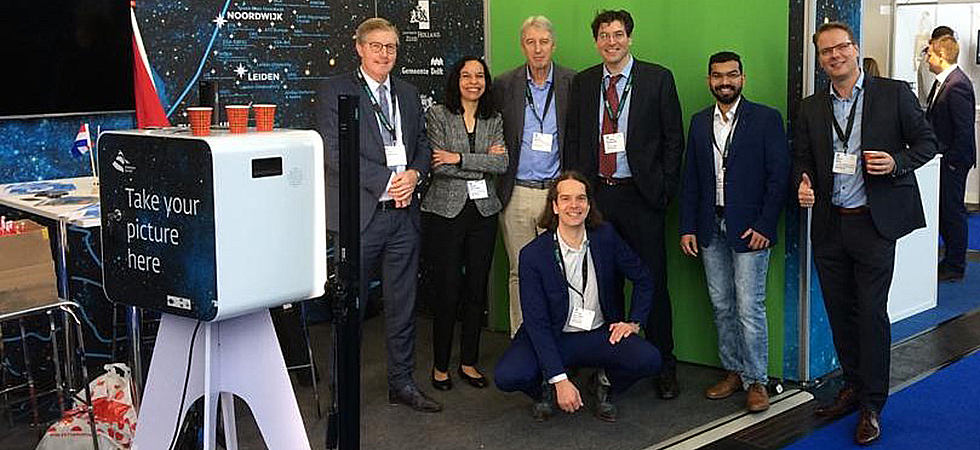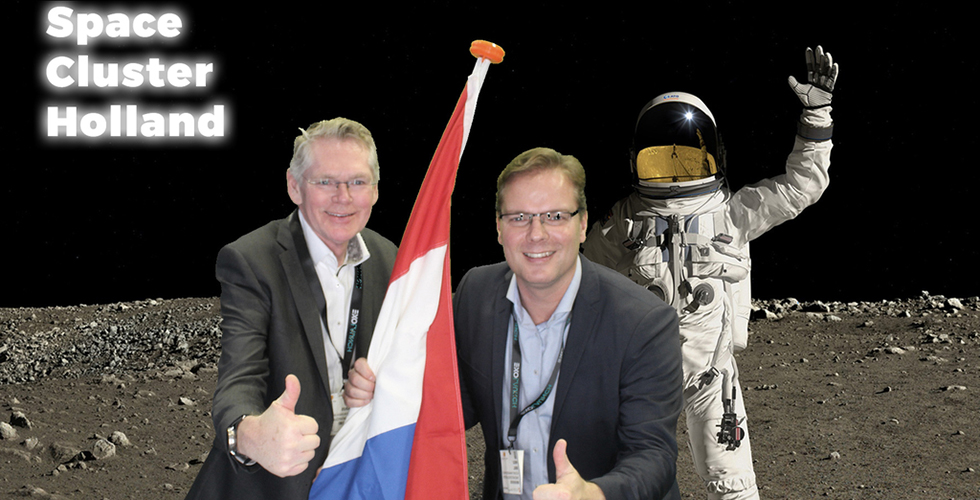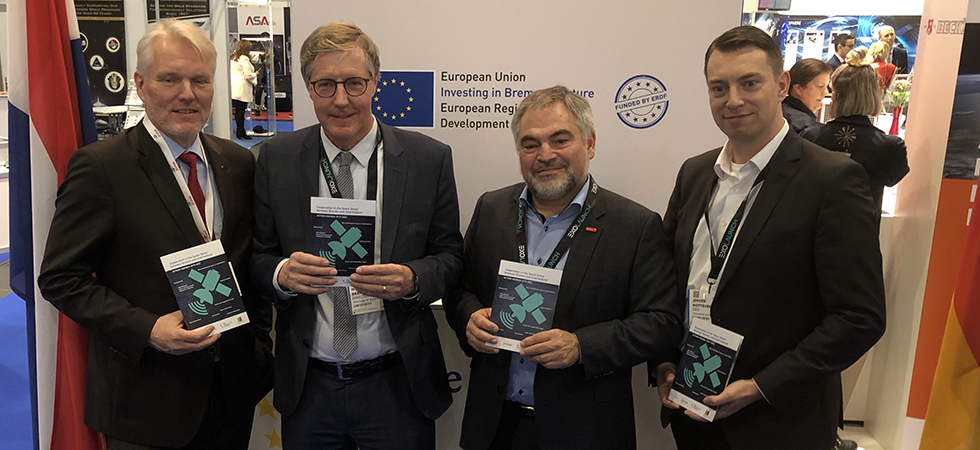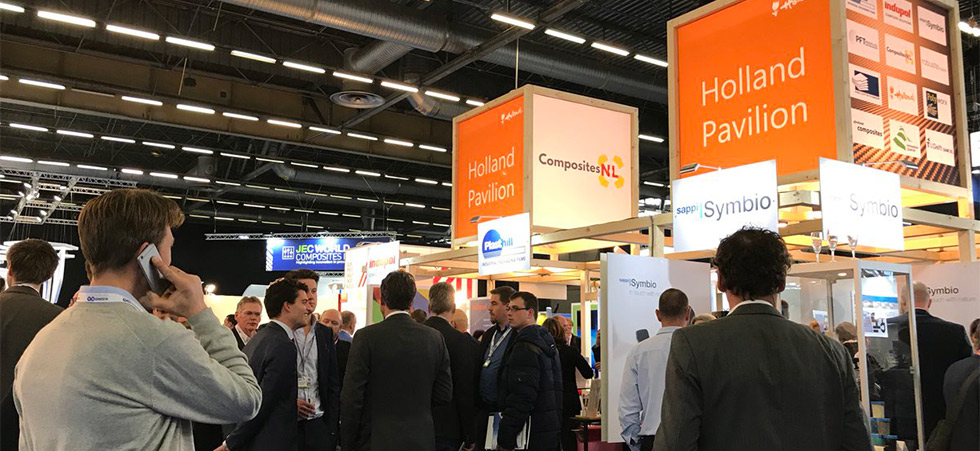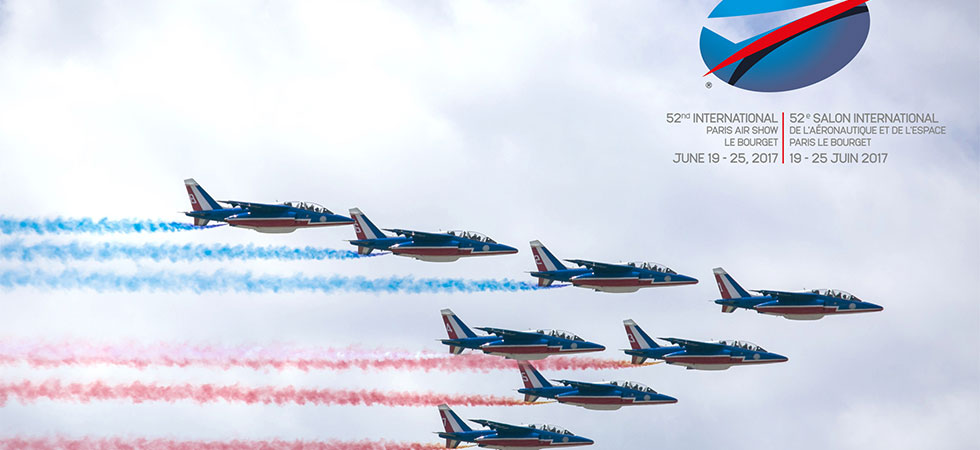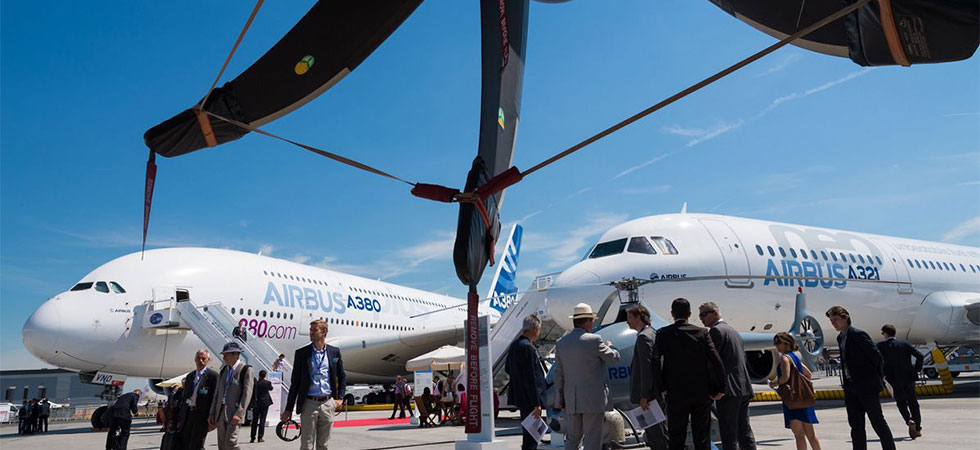Satellogic, a global Earth Observation satellite manufacturing and data company, has chosen a 4,700 square meter location in Berkel en Rodenrijs near Rotterdam in the Netherlands, to set up their largest satellite production facility to date.
Construction of the building is currently being completed, after which the facility will be fitted out with state-of-the-art manufacturing, integration, and testing equipment. Production will commence during the second quarter of 2022. At full production capacity the plant should deliver 25 satellites per quarter by Q3 2023. Satellogic is aiming to employ a minimum of 80 new staff members and is currently hiring, amongst others, satellite manufacturers, precision optical engineers and technical support personnel to staff the facility.
In addition to helping the company find a fitting location, the Netherlands Foreign Investment Agency and regional economic development agency, InnovationQuarter, introduced Satellogic to regional service providers, technical suppliers, educational institutions and potential partners as well as suppliers from the Dutch space ecosystem. This is a valuable step in assisting both existing and new businesses to identify opportunities to work together and to boost the regional economic activity.
Ideal location and boost for the space sector
Berkel’s location was chosen strategically because the region is home to a large number of skilled workers but also offers the best logistical support in the world.
“Delft’s reputation for space expertise and talent is world-renowned, as is Rotterdam’s status as a global logistics hub and gateway to Europe,” said Gustav Wenhold, VP Manufacturing Operations at Satellogic. “Both cities are just ten minutes away, allowing us to get the best of both worlds.”
Satellogic becomes part of a very suitable ecosystem: about 80% of all Dutch space activities take place in the province of South Holland. Read more about the aerospace industry in South Holland region.
“In fact, the arrival of Satellogic is the largest addition to our space cluster by a foreign party in more than 30 years,” says Rinke Zonneveld, director of InnovationQuarter. “This is an enormous boost for the development of the sector and it offers opportunities not only for the Dutch space supply chain, but especially for our space talent.”

“Satellogic’s mission is to democratize access to Earth Observation data and foster innovation across industries and borders. Expanding our global footprint increases our reach as well as diversifies and strengthens our teams,” commented Emiliano Kargieman, company’s founder and CEO.
Satellogic has offices in the USA, Argentina, Spain and Israel and will continue to operate its current Assembly, Integration, and Test (AIT) facility in Uruguay with a capacity of 24 satellites per year. Satellogic has announced to become a public company through a business combination with CF Acquisition Corp. by the end of 2021 and is planning to begin trading on Nasdaq under ticker symbol “SATL.”
More information?
Get in touch with the Account Manager Aerospace at InnovationQuarter
